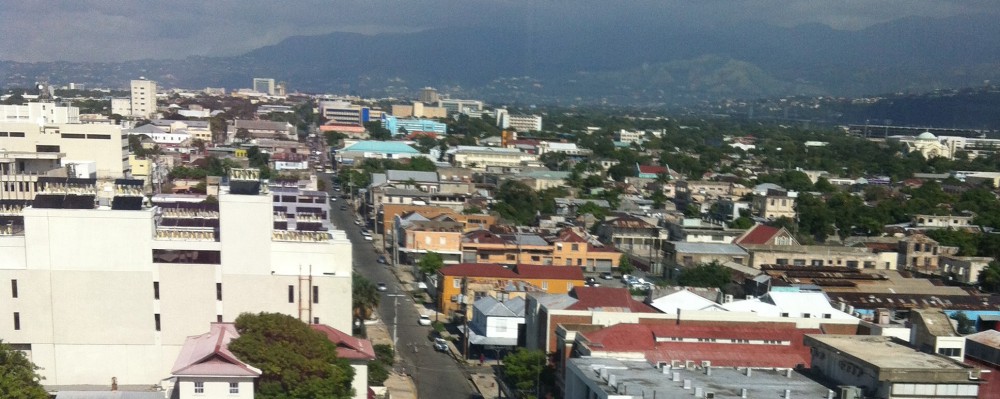This is how it should be: children enjoying themselves, uninhibited by fear of violence and abuse, free to experience the simple pleasures that are a staple of a safe and happy childhood. Unfortunately, throughout much of the world, this is not the case.
So today the United Nations celebrates Universal Children’s Day, which is also the 20th anniversary of the Convention of the Rights of the Child.
This year’s theme focuses on reducing incidences of violence against children. In an ideal world, which the United Nations strives for, there would be no need to mark such anniversaries or call for people to stop abusing vulnerable and innocent children. However, violence and abuse are still prevalent throughout the world.
Check out this report from the United Nations.
According to this report, violence affects children in the following ways:
Violence can have many effects on children, which can still be felt many years later… Effects may include:
• physical health problems, such as changes in the development of the brain, injuries, bruises and fractures.
• difficulties in dealing with other people and learning problems.
• finding it hard to express feelings in a way that other people can understand.
• emotional health problems including anxiety, depression, aggression or even wanting
to kill him or herself.
• being more likely to do dangerous things like using drugs or having sex at a very
young age.
Specific to Jamaica, a 2011 United Nations Country Report found that between 2007 and 2009, there were 11,434 “incidents” reported to the Office of the Children’s Registry. This includes all types of abuse, pregnancy, trafficking and substance abuse.
To this end, the United Nations office in Jamaica has made the following recommendations to officials to tackle the problem of abuse and violence:
UNCRC Recommendation #33
The Committee urges the State party to take steps to strengthen considerably its efforts to address and condemn violence in society, including violence against women and children, particularly in the context of the family as well as in schools and other such environments. Further, it recommends that the State party take steps to monitor and address any incidents of violence and sexual or other abuse against children and take measures to ensure the rehabilitation of traumatized and victimized children by:
Public education campaigns re negative consequences of violence and ill treatment of children and promoting positive non-violent forms of conflict resolution and discipline within the family and the education system
Legislative measures to prohibit all forms of physical and mental violence including corporal punishment and sexual abuse against children
Measures to prevent violence in families, schools, and by the police and other State agents, making sure that perpetrators of these violent acts are brought to justice
Providing care recovery and reintegration of child victims ensuring that the child is not victimised during legal proceedings and that privacy is protected
Seeking assistance from UNICEF and WHO
If one judges by the headlines in the media, the situation in Jamaica for children remains dire and quite depressing. However, there is no shortage of groups and individuals trying to create a safe place in which children can be happy, joyous and free.
I will leave you with a quote from a Unicef official: “Too often, abuse occurs in the shadows: undetected, unreported, and – even worse – too often accepted,” said UNICEF Executive Director Anthony Lake. “We all have a responsibility to ‘make the invisible, visible’ – from governments enacting and enforcing laws to prohibit violence against children, to private citizens refusing to be silent when they witness or suspect abuse.”


Only is all nations could pull their resources together to ensure the progress of all Children.